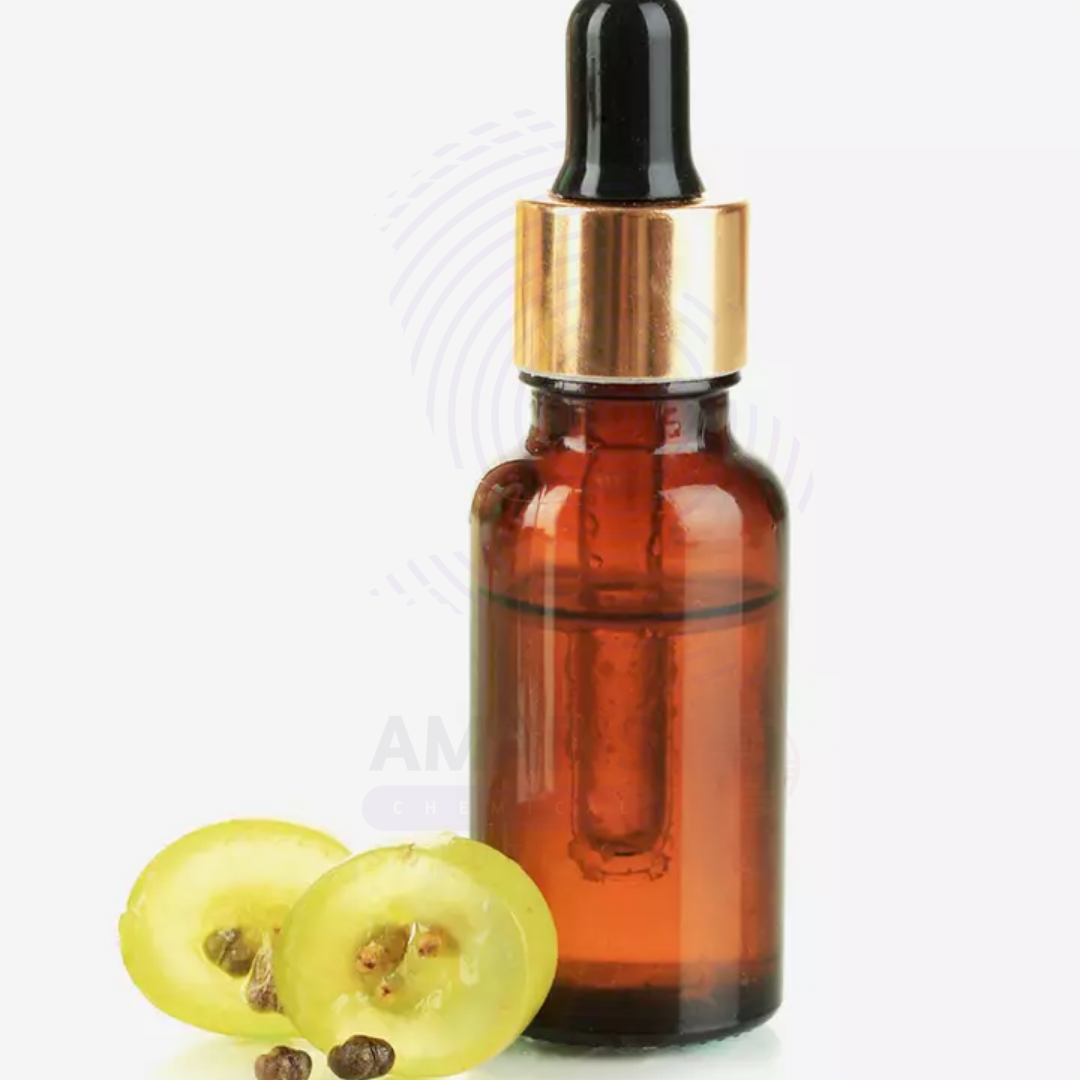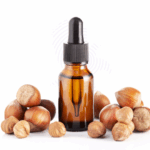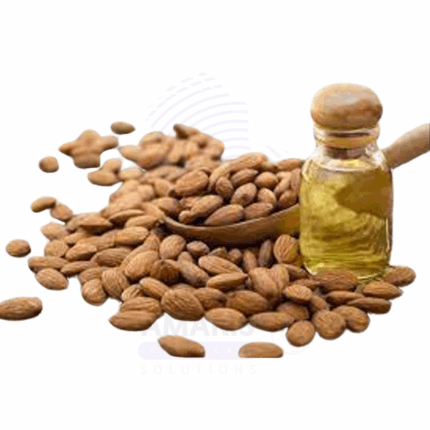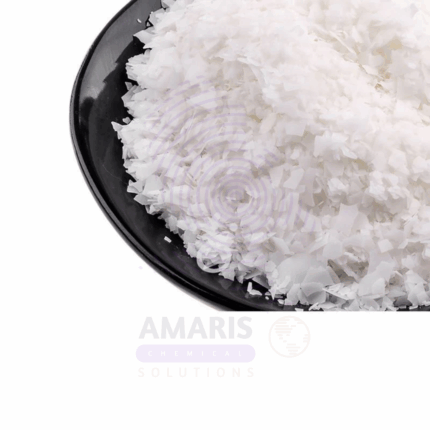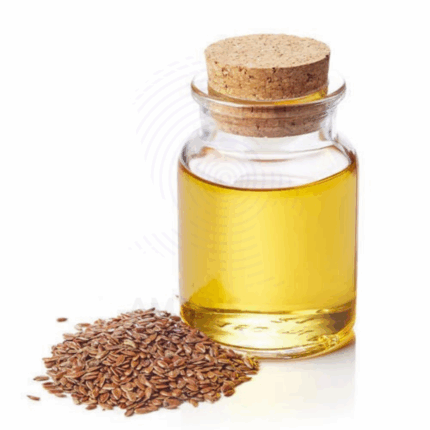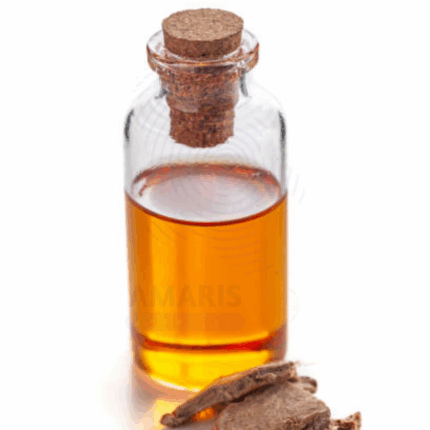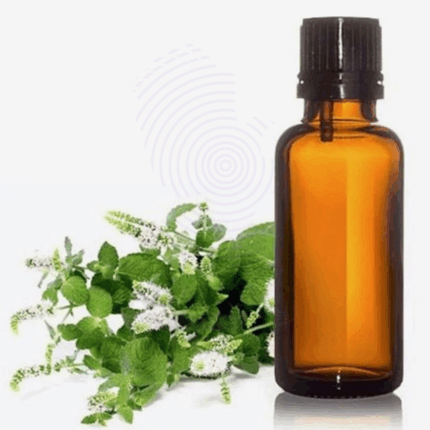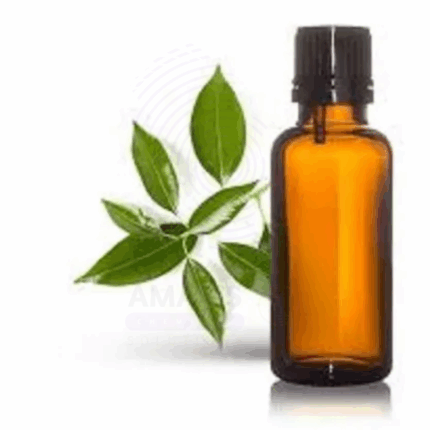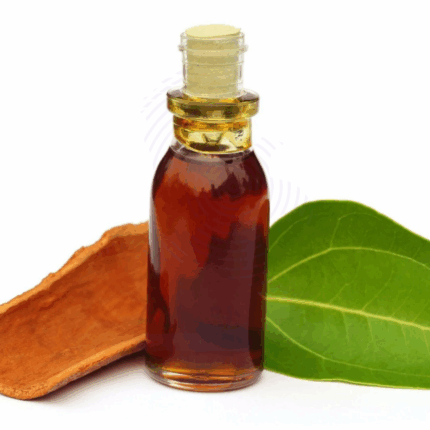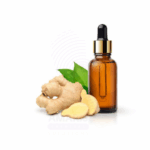
Grape Seed Oil
$ 19.43 Original price was: $ 19.43.$ 19.35Current price is: $ 19.35.
Grape Seed Oil is a light, pale-yellow oil extracted from the seeds of grapes (Vitis vinifera), typically obtained through cold pressing or solvent extraction. Renowned for its high content of polyunsaturated fatty acids, especially linoleic acid, as well as antioxidants like vitamin E and phenolic compounds, Grape Seed Oil is prized for its nourishing, moisturizing, and anti-inflammatory properties. Widely used in cosmetics, skincare, pharmaceutical formulations, and culinary applications, it is valued for its non-greasy texture and rapid absorption. Grape Seed Oil supports skin elasticity, helps repair damaged skin, and provides a protective barrier against environmental stressors.
Grape Seed Oil
Primary Uses
- Cosmetic and Personal Care Chemicals
- Used extensively in skin care products such as moisturizers, serums, and anti-aging creams for its antioxidant and hydrating properties.
- Incorporated into hair care formulations to nourish and strengthen hair, reduce frizz, and promote shine.
- Used in massage oils and body lotions for its light texture and skin-softening benefits.
- Pharmaceutical Chemicals
- Employed as an excipient and carrier oil in topical and transdermal drug delivery systems.
- Used in wound healing ointments and dermatological formulations for skin regeneration.
- Food and Beverage Chemicals
- Utilized as a cooking oil and dietary supplement for its beneficial fatty acid profile and antioxidant content.
- Added as a flavor enhancer in salad dressings, sauces, and health food products.
- Cleaning and Detergent Chemicals
- Included in natural and gentle soaps and body washes for moisturizing and conditioning effects.
Secondary Uses
- Aromatherapy and Wellness
- Used as a carrier oil for essential oils in aromatherapy blends and massage treatments.
- Valued for its skin-soothing qualities in therapeutic massage and spa treatments.
- Industrial Applications
- Occasionally applied in leather conditioning and polishing products.
- Used in the manufacture of biodegradable lubricants and cosmetics.
| PACK SIZE |
5kg |
|---|
1. Basic Identification Attributes
- Botanical Name: Vitis vinifera
- Common/Trade Name: Grape Seed Oil
- INCI Name: Vitis Vinifera (Grape) Seed Oil
- CAS Number: 8024-22-4
- HS Code: 1515.90
- Synonyms: Grapeseed Oil, Grape Oil
2. Physical & Chemical Properties
- Physical State: Clear, light yellow to pale amber liquid
- Color & Odor: Mild, nutty aroma; color ranges from pale yellow to light green
- Solubility: Insoluble in water; soluble in alcohol and oils
- Specific Gravity: 0.915 – 0.940
- Main Components: Linoleic acid (65-75%), oleic acid, palmitic acid, vitamin E, phenolic antioxidants
3. Safety & Hazard Attributes
- GHS Classification: Generally regarded as safe; low irritation potential
- Toxicity: Non-toxic, non-irritating when used appropriately
- Exposure Limits: No specific occupational limits; standard precautions recommended
- Allergen Information: Rarely causes allergic reactions
4. Storage & Handling Attributes
- Storage Conditions: Store in a cool, dry place away from light and heat
- Container Type: Amber glass or food-grade plastic containers
- Shelf Life: 12 to 24 months depending on storage conditions
- Handling Precautions: Keep containers sealed to prevent oxidation and rancidity
5. Regulatory & Compliance Attributes
- Compliant with cosmetic, pharmaceutical, and food-grade standards
- Produced in GMP-certified facilities
6. Environmental & Health Impact
- Biodegradability: Biodegradable
- Ecotoxicity: Low environmental impact
- Bioaccumulation: Not expected
Safety Handling Precautions
- PPE Required: Minimal; gloves recommended for industrial handling
- Handling Guidelines: Avoid contamination and prolonged exposure to air to prevent oxidation
First Aid Measures
- Inhalation: Not typically applicable; move to fresh air if irritation occurs
- Skin Contact: Wash with soap and water if irritation develops
- Eye Contact: Flush with water if accidental contact occurs
- Ingestion: Non-toxic; seek medical advice if large amounts ingested
Firefighting Measures
- Fire Hazards: Combustible; keep away from open flames and heat sources
- Extinguishing Media: Use foam, dry chemical, or CO₂ extinguishers
- Special Precautions: Avoid inhalation of smoke from burning oil
- Hazardous Combustion Products: Carbon oxides and other organic fumes


 Preservatives(food)
Preservatives(food) Flavor Enhancers
Flavor Enhancers Acidulants
Acidulants Sweeteners
Sweeteners Antioxidants
Antioxidants Colorants(food)
Colorants(food) Nutraceutical Ingredients (food)
Nutraceutical Ingredients (food) Nutrient Supplements
Nutrient Supplements Emulsifiers
Emulsifiers
 Collectors
Collectors Dust Suppressants
Dust Suppressants Explosives and Blasting Agents
Explosives and Blasting Agents Flocculants and Coagulants
Flocculants and Coagulants Frothers
Frothers Leaching Agents
Leaching Agents pH Modifiers
pH Modifiers Precious Metal Extraction Agents
Precious Metal Extraction Agents
 Antioxidants(plastic)
Antioxidants(plastic) Colorants (Pigments, Dyes)
Colorants (Pigments, Dyes) Fillers and Reinforcements
Fillers and Reinforcements Flame Retardants
Flame Retardants Monomers
Monomers Plasticizers
Plasticizers Polymerization Initiators
Polymerization Initiators Stabilizers (UV, Heat)
Stabilizers (UV, Heat)
 Antifoaming Agents
Antifoaming Agents Chelating Agents
Chelating Agents Coagulants and Flocculants
Coagulants and Flocculants Corrosion Inhibitors
Corrosion Inhibitors Disinfectants and Biocides
Disinfectants and Biocides Oxidizing Agents
Oxidizing Agents pH Adjusters
pH Adjusters Scale Inhibitors( water)
Scale Inhibitors( water)
 Antioxidants(cosmetic)
Antioxidants(cosmetic) Emollients
Emollients Fragrances and Essential Oils
Fragrances and Essential Oils Humectants
Humectants Preservatives
Preservatives Surfactants(cosmetic)
Surfactants(cosmetic) Thickeners
Thickeners UV Filters
UV Filters
 Fertilizers
Fertilizers Soil Conditioners
Soil Conditioners Plant Growth Regulators
Plant Growth Regulators Animal Feed Additives
Animal Feed Additives Biostimulants
Biostimulants Pesticides (Herbicides, Insecticides, Fungicides)
Pesticides (Herbicides, Insecticides, Fungicides)
 Active Pharmaceutical Ingredients (APIs)
Active Pharmaceutical Ingredients (APIs) Excipients
Excipients Solvents(pharmaceutical)
Solvents(pharmaceutical) Antibiotics
Antibiotics Antiseptics and Disinfectants
Antiseptics and Disinfectants Vaccine Adjuvants
Vaccine Adjuvants Nutraceutical Ingredients (pharmaceutical)
Nutraceutical Ingredients (pharmaceutical) Analgesics & Antipyretics
Analgesics & Antipyretics
 Analytical Reagents
Analytical Reagents Solvents(lab)
Solvents(lab) Chromatography Chemicals
Chromatography Chemicals Spectroscopy Reagents
Spectroscopy Reagents microbiology-and-cell-culture-reagents
microbiology-and-cell-culture-reagents Molecular Biology Reagents
Molecular Biology Reagents Biochemical Reagents
Biochemical Reagents Inorganic and Organic Standards
Inorganic and Organic Standards Laboratory Safety Chemicals
Laboratory Safety Chemicals Specialty Laboratory Chemicals(Special Laboratory Equipment)
Specialty Laboratory Chemicals(Special Laboratory Equipment)
 Demulsifiers
Demulsifiers Hydraulic Fracturing Fluids
Hydraulic Fracturing Fluids Scale Inhibitors(oil)
Scale Inhibitors(oil) Surfactants(oil)
Surfactants(oil) Drilling Fluids
Drilling Fluids
 Dyes and Pigments
Dyes and Pigments Bleaching Agents
Bleaching Agents Softening Agents
Softening Agents Finishing Agents
Finishing Agents Antistatic Agents
Antistatic Agents
 Admixtures
Admixtures Waterproofing Agents
Waterproofing Agents Sealants and Adhesives
Sealants and Adhesives Curing Compounds
Curing Compounds Concrete Repair Chemicals
Concrete Repair Chemicals Anti-Corrosion Coatings
Anti-Corrosion Coatings
 Surfactants(cleaning)
Surfactants(cleaning) Builders
Builders Enzymes
Enzymes Solvents (Cleaning)
Solvents (Cleaning) Fragrances
Fragrances
 Electronic Chemicals
Electronic Chemicals Catalysts
Catalysts Lubricants
Lubricants Photographic Chemicals
Photographic Chemicals Refrigerants
Refrigerants Automotive chemicals
Automotive chemicals Pyrotechnic Chemicals
Pyrotechnic Chemicals
 Biodegradable Surfactants
Biodegradable Surfactants Bio-based Solvents
Bio-based Solvents Renewable Polymers
Renewable Polymers Carbon Capture Chemicals
Carbon Capture Chemicals Wastewater Treatment Chemicals
Wastewater Treatment Chemicals
 Pigments
Pigments Solvents(paint)
Solvents(paint) Specialty Coatings
Specialty Coatings Binders/Resins
Binders/Resins Additives
Additives Driers
Driers Anti-Corrosion Agents
Anti-Corrosion Agents Functional Coatings
Functional Coatings Application-Specific Coatings
Application-Specific Coatings
 Fresh Herbs
Fresh Herbs Ground Spices
Ground Spices Whole Spices
Whole Spices Spice Blends
Spice Blends Dried Herbs
Dried Herbs
 Leavening Agents
Leavening Agents Dough Conditioners
Dough Conditioners Flour Treatments
Flour Treatments Fat Replacers
Fat Replacers Decoratives
Decoratives Preservatives(baking)
Preservatives(baking)
 Plasticizers & Softeners
Plasticizers & Softeners Reinforcing Agents
Reinforcing Agents Adhesion Promoters
Adhesion Promoters Vulcanizing Agents
Vulcanizing Agents Antidegradants
Antidegradants Blowing Agents
Blowing Agents Fillers & Extenders
Fillers & Extenders Accelerators & Retarders
Accelerators & Retarders